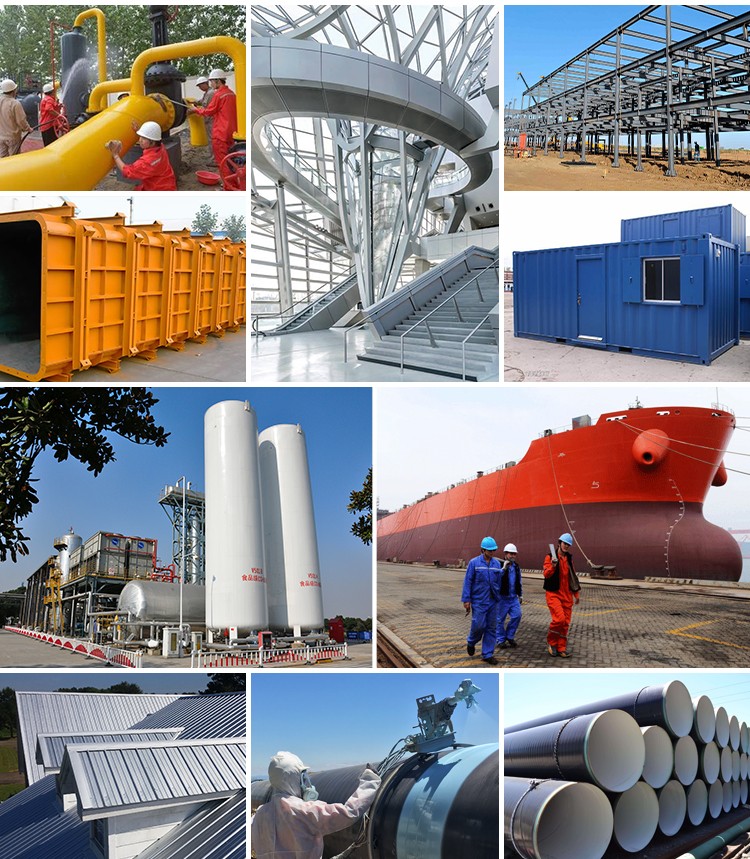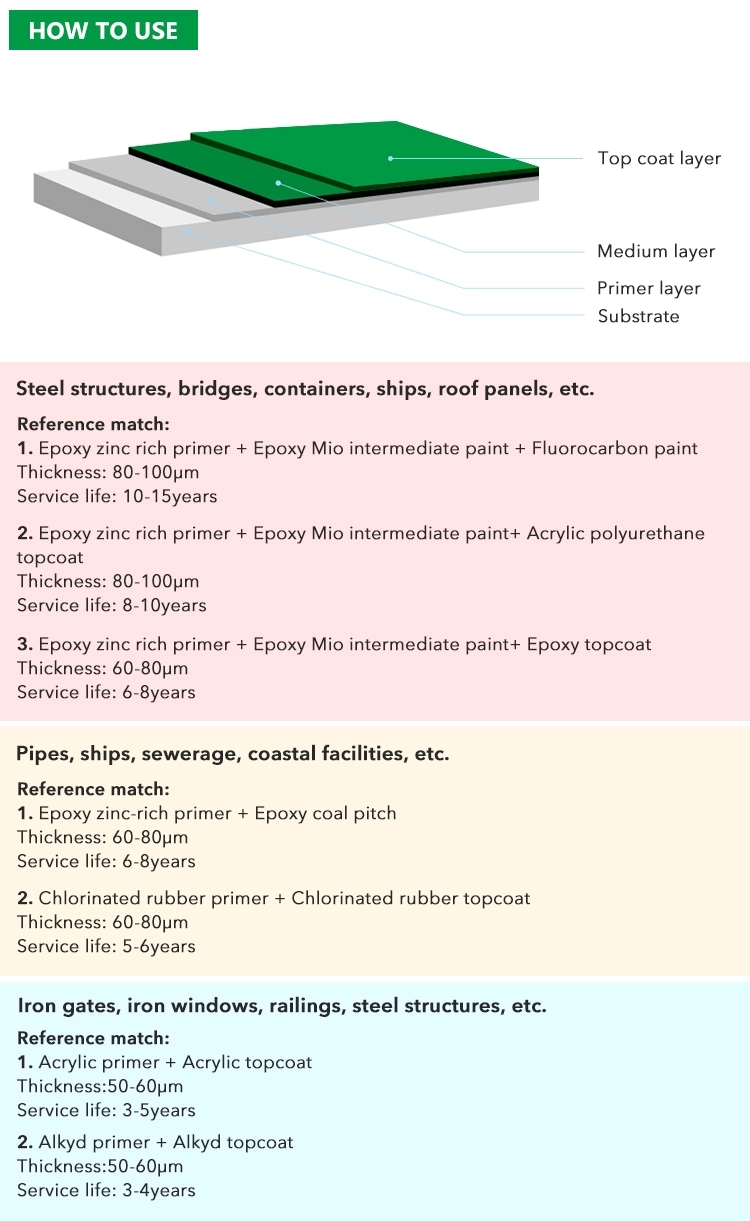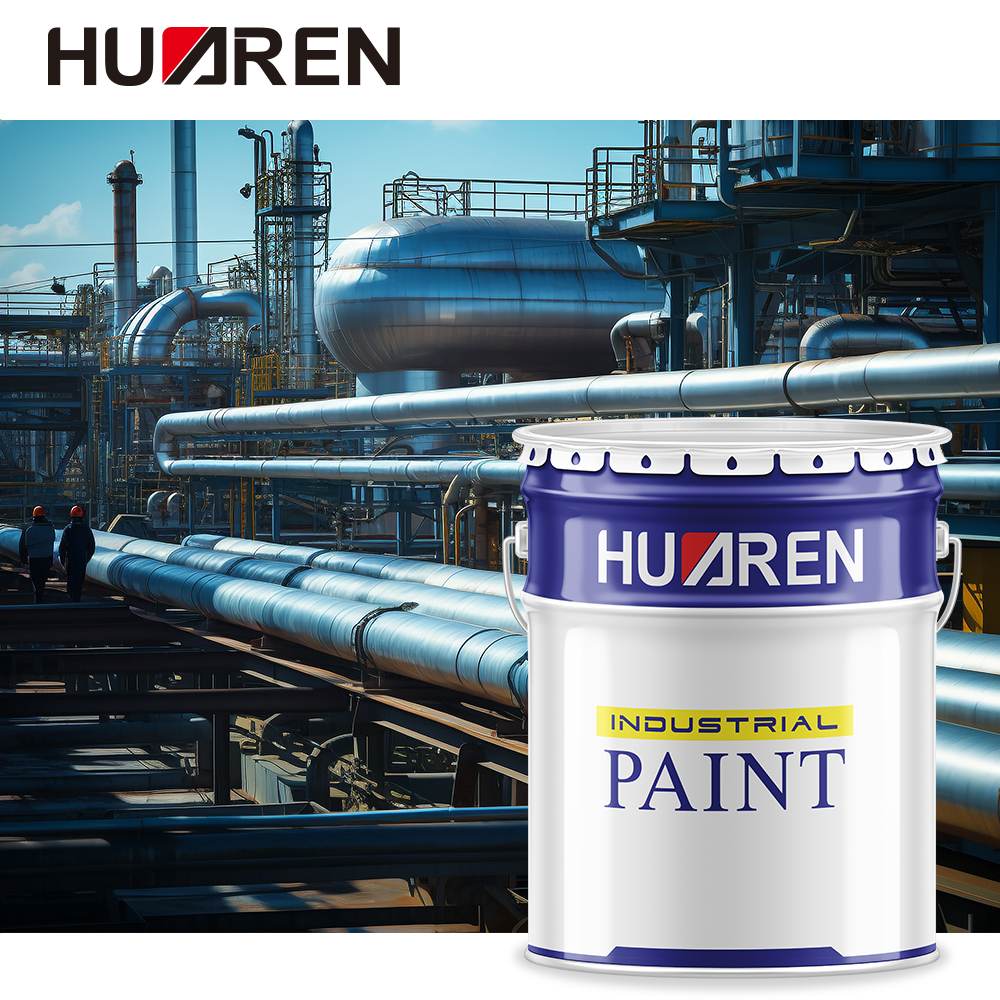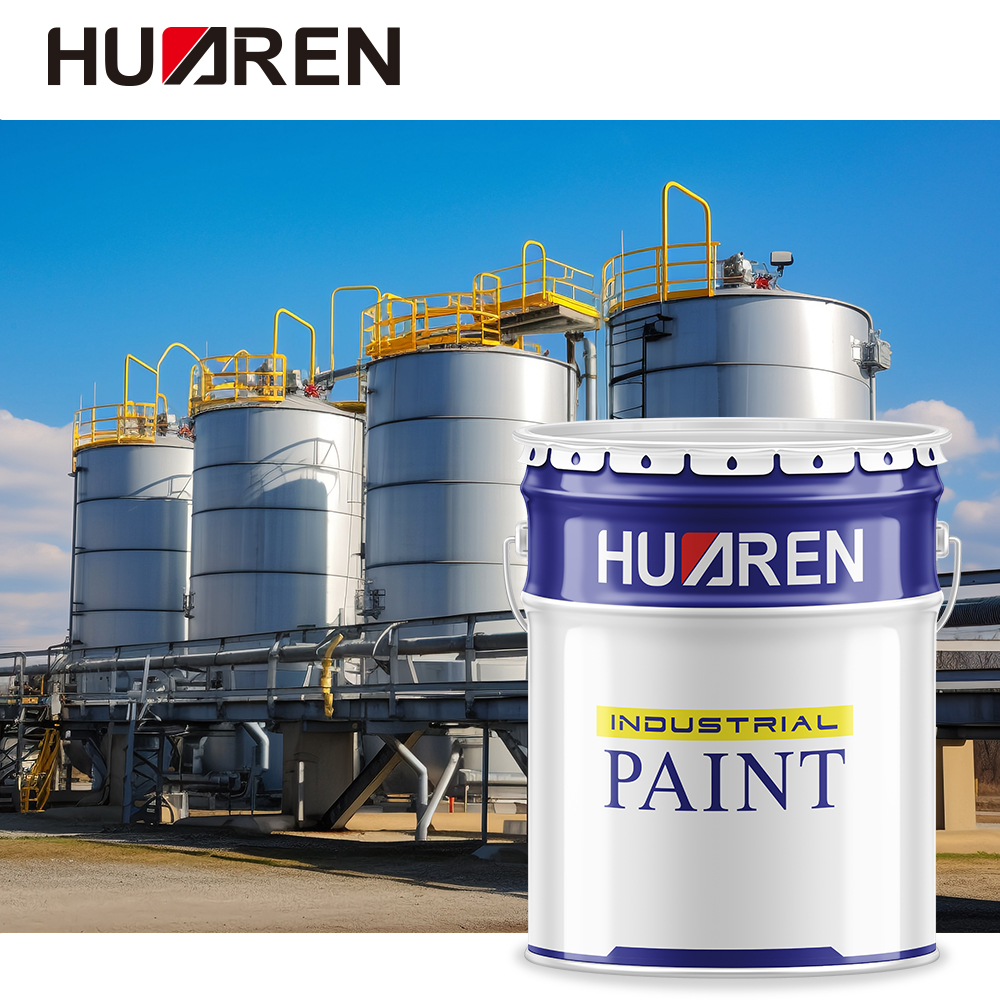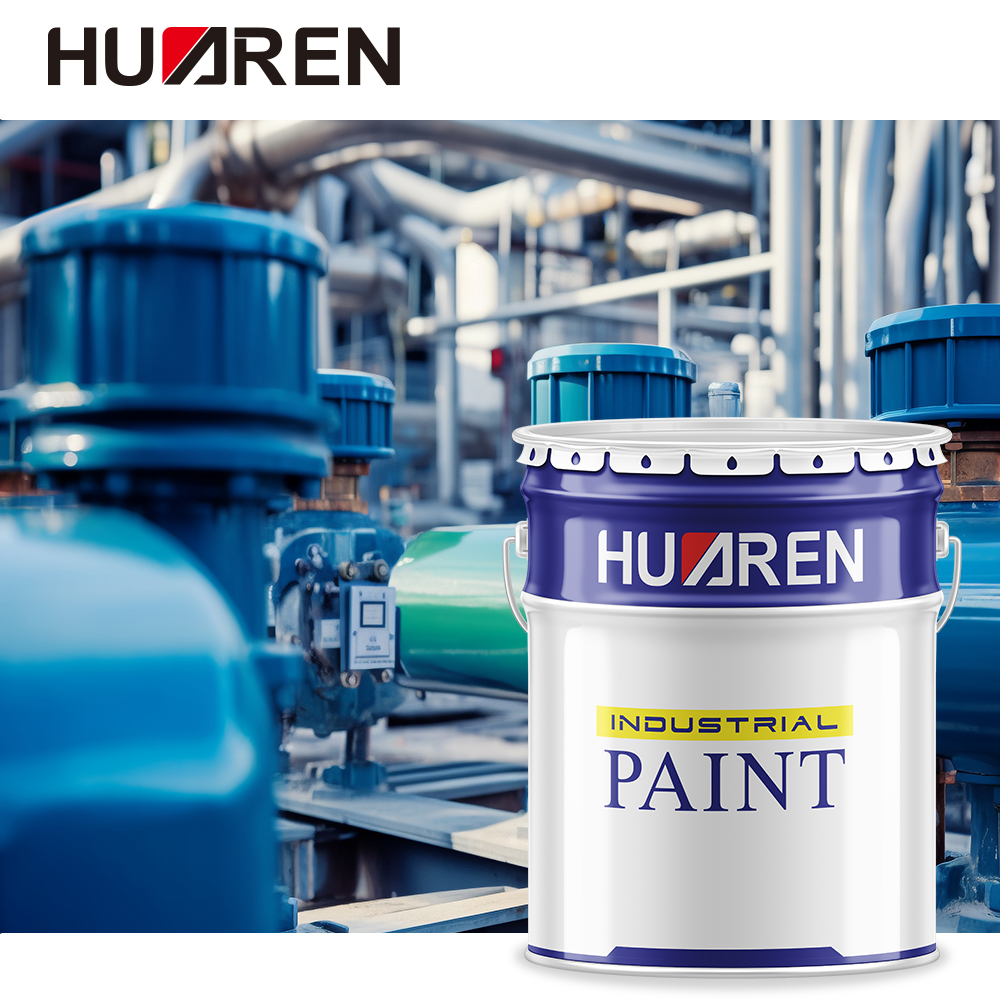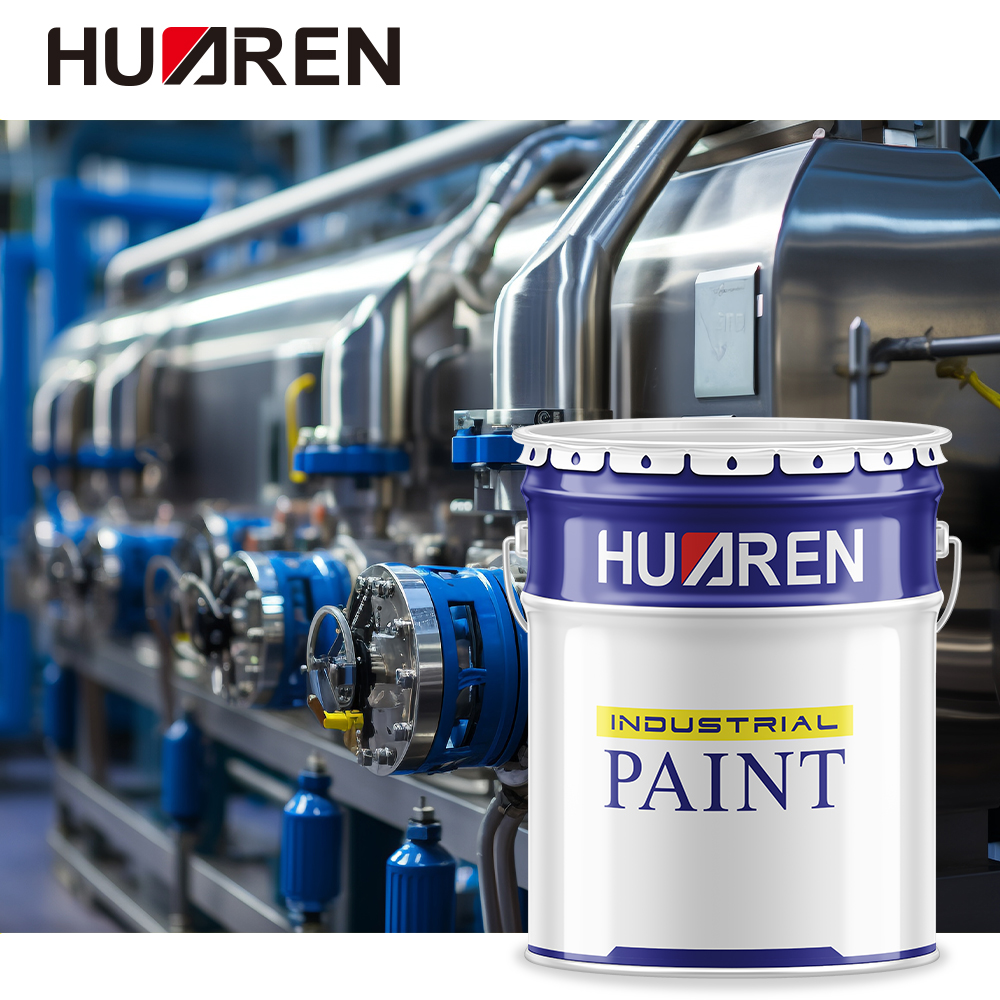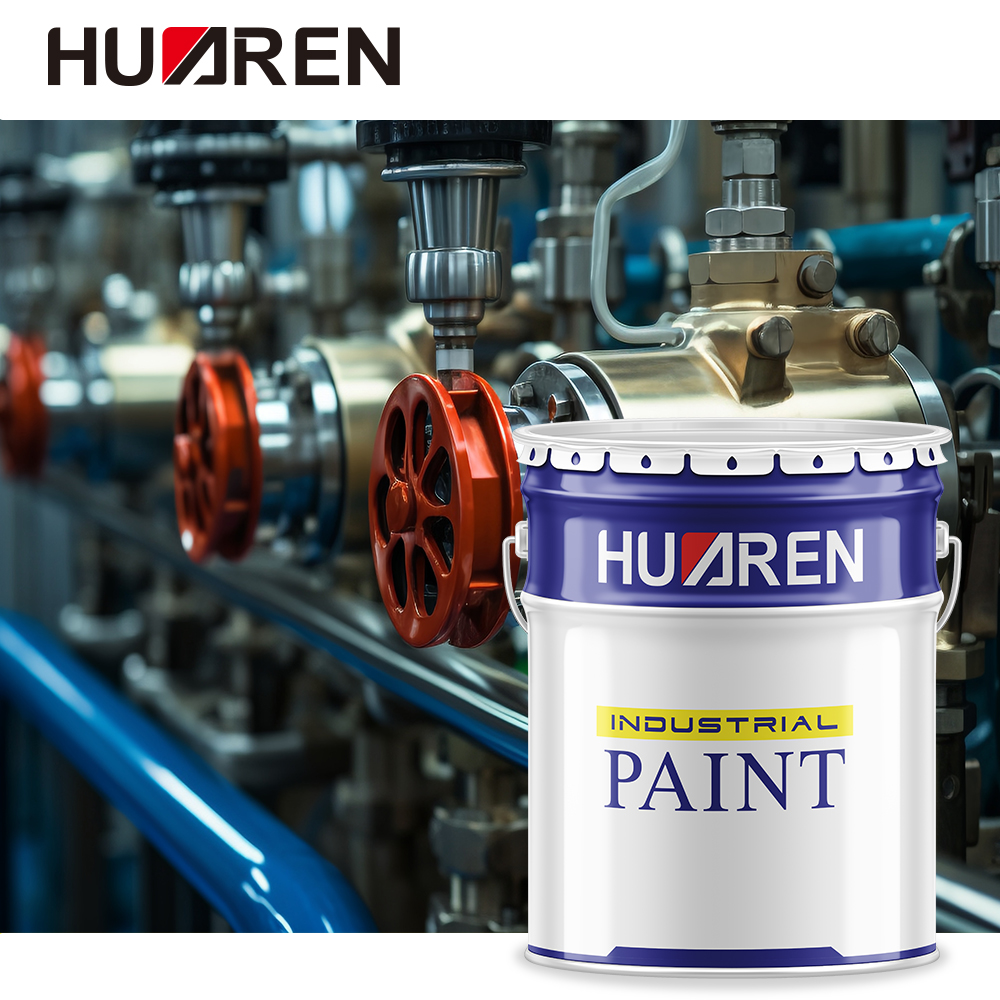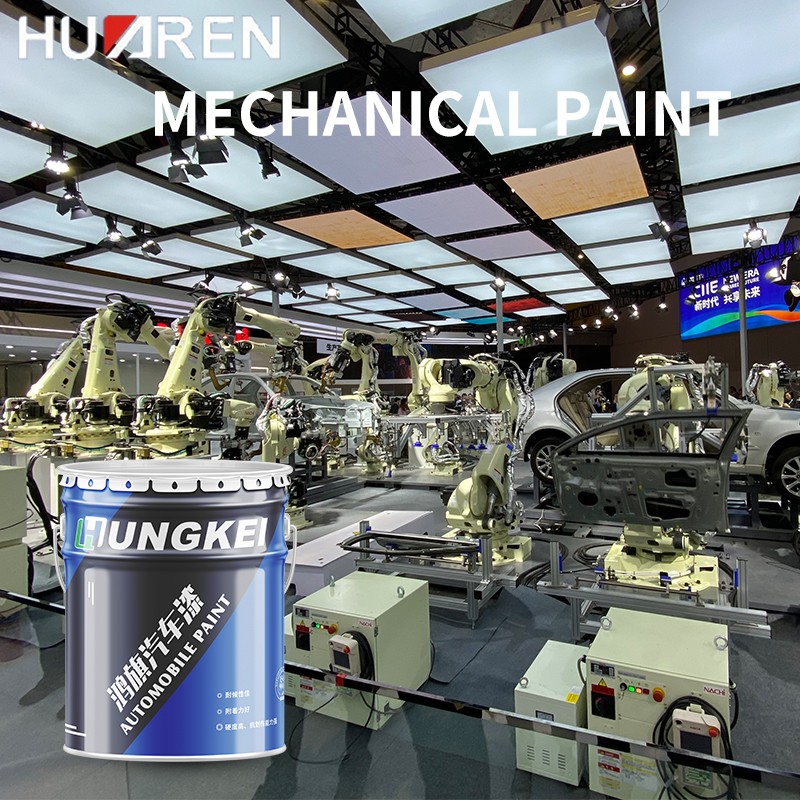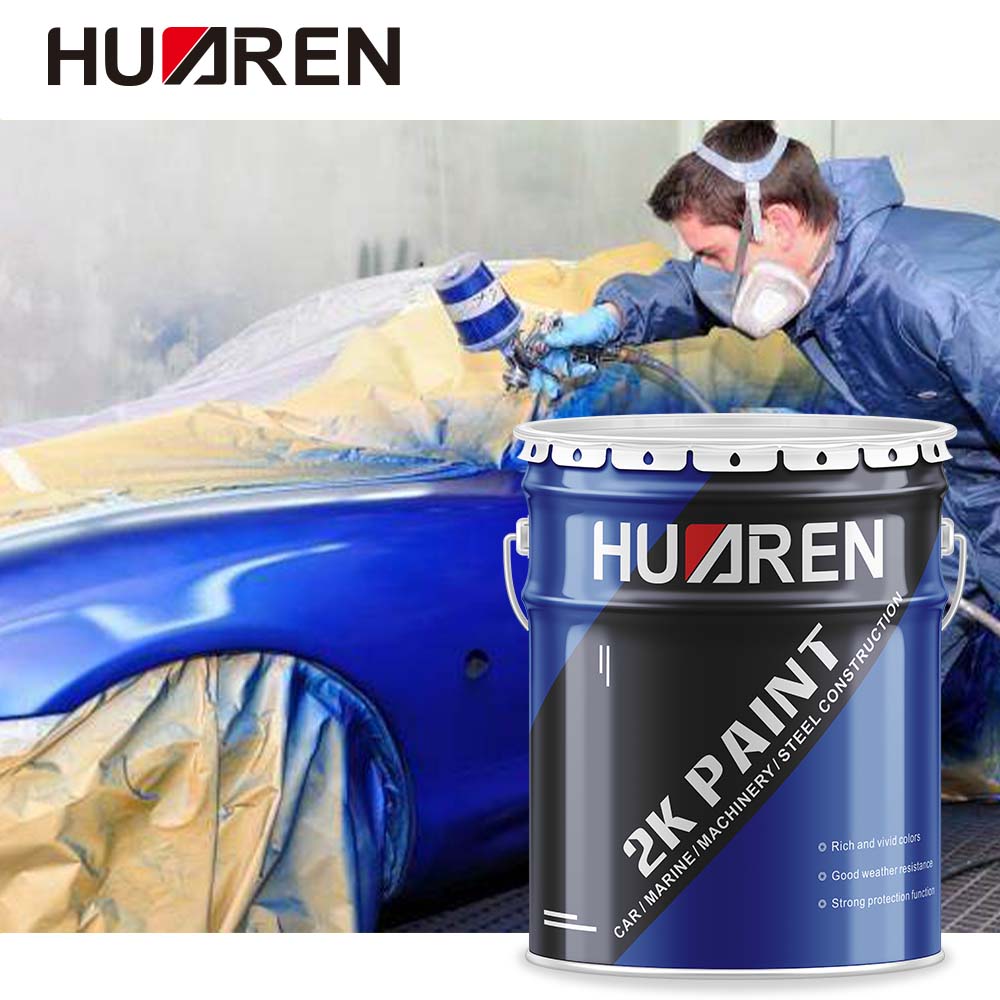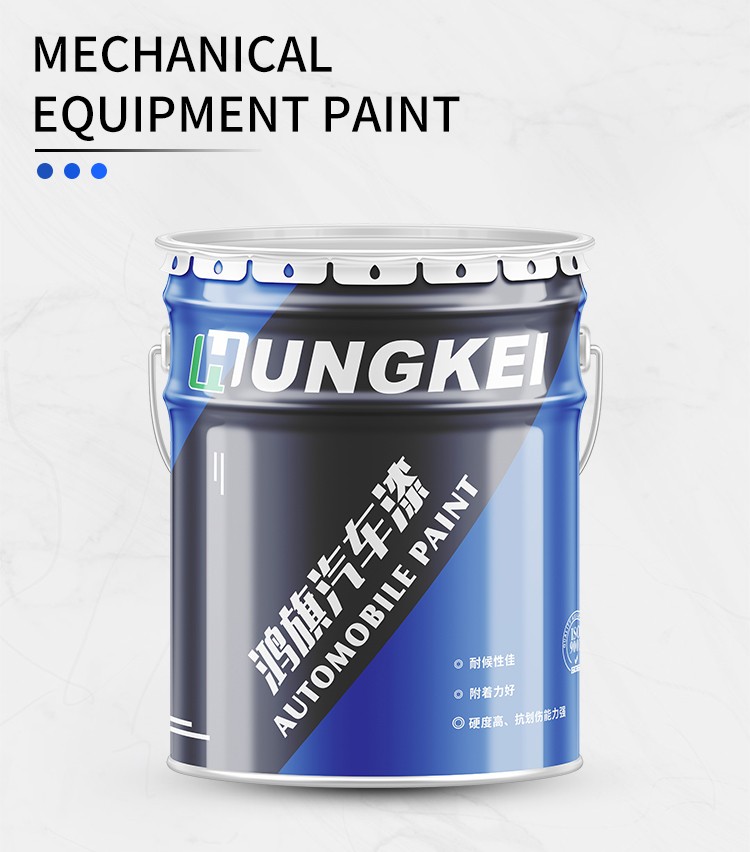Pipeline coating refers to the application of protective coatings to the exterior surface of pipelines. These coatings are designed to provide corrosion resistance, insulation, and other protective properties to ensure the longevity and integrity of the pipeline.
There are several types of pipeline coatings available, including:
1. Fusion-bonded epoxy (FBE) coating: This is a commonly used coating that is applied by heating the pipe and spraying it with a powdered epoxy resin. The resin melts and fuses to the pipe surface, forming a tough and durable barrier against corrosion.
2. Polyethylene (PE) coating: PE coatings are applied to pipelines using a hot melt extrusion process. This coating provides excellent resistance to corrosion, as well as impact and abrasion resistance.
3. Polyurethane (PU) coating: PU coatings are typically used for offshore pipelines or pipelines exposed to harsh environments. They provide superior resistance to abrasion, impact, and chemicals.
4. Coal tar enamel (CTE) coating: CTE coatings have been used for many years and provide excellent resistance to water, soil, and chemicals. However, they are less commonly used today due to environmental concerns.
Pipeline coatings are applied in multiple layers to ensure proper coverage and adhesion. The coating process typically involves surface preparation, such as cleaning and blasting, to remove any contaminants or rust from the pipe surface. The coating is then applied using various methods, including spraying, wrapping, or extrusion.
Proper pipeline coating is essential to prevent corrosion, which can lead to leaks, structural damage, and environmental hazards. It helps to extend the lifespan of the pipeline and reduce maintenance and repair costs.
Application:
